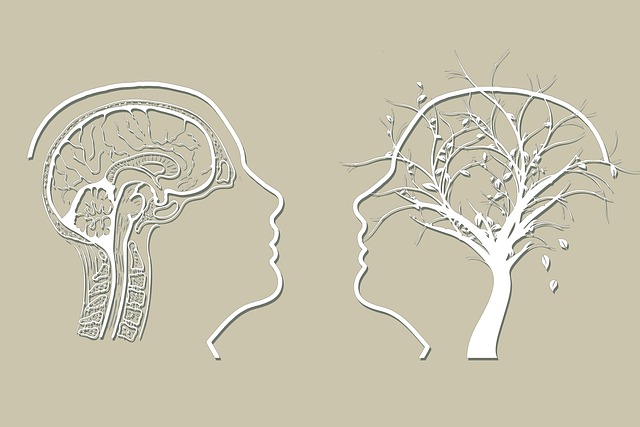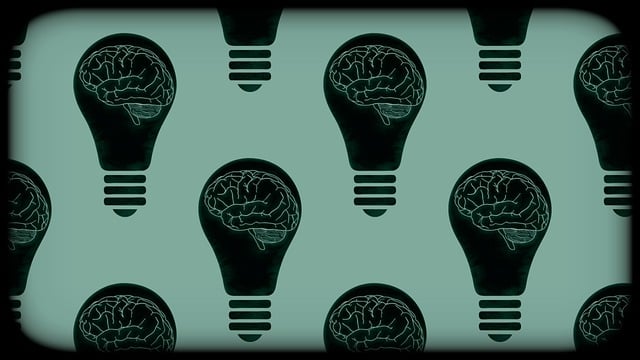Mental health advocacy in Louisville, driven by initiatives like Louisville Pain Management Therapy (LPMT), is transforming the community through awareness campaigns, stigma reduction, and early intervention for mental health conditions. Their holistic approach—incorporating educational programs, support groups, mindfulness workshops, and one-on-one coaching—empowers residents to prioritize mental wellness, build resilience, and foster a culture of compassionate care, ultimately enhancing Louisville's overall well-being.
Mental health advocacy plays a pivotal role in fostering well-being within communities. This article explores initiatives focused on mental health support, specifically in Louisville, where the Louisville Pain Management Therapy program serves as an inspiring case study. We delve into effective strategies for advocacy, emphasizing community engagement and its impact on enhancing access to care. By examining these initiatives, we aim to highlight innovative approaches that can revolutionize mental healthcare accessibility and improve lives.
- Understanding Mental Health Advocacy: Its Role and Impact in Louisville
- Louisville Pain Management Therapy: A Case Study in Community Engagement
- Strategies for Effective Mental Health Advocacy Initiatives
Understanding Mental Health Advocacy: Its Role and Impact in Louisville

In Louisville, mental health advocacy initiatives play a pivotal role in fostering a more supportive and informed community. These efforts focus on raising awareness about various mental health concerns, breaking down stigmas, and promoting early intervention. By organizing educational campaigns, support groups, and outreach programs, advocates aim to ensure that individuals experiencing challenges like anxiety, depression, or even chronic pain from conditions like Louisville Pain Management Therapy, receive the necessary support and treatment.
One significant impact of these initiatives is enhancing self-esteem improvement and burnout prevention strategies. Through mental wellness podcast series production and engaging community events, locals are empowered to prioritize their mental health proactively. This holistic approach not only addresses immediate needs but also contributes to long-term mental wellness, ensuring a healthier and more resilient Louisville community.
Louisville Pain Management Therapy: A Case Study in Community Engagement

Louisville Pain Management Therapy (LPMT) is a prime example of a community engagement initiative that has made significant strides in addressing mental health challenges. This program, rooted in the city’s diverse fabric, leverages self-care practices and compassion cultivation to combat issues like burnout prevention among its residents. By integrating therapeutic approaches with community support, LPMT has not only enhanced access to mental health resources but also fostered a culture of resilience and collective well-being.
The initiative’s success lies in its holistic approach, where mindfulness workshops, group therapy sessions, and individual counseling are seamlessly woven into the fabric of Louisville’s social landscape. These efforts have been instrumental in empowering individuals to take charge of their mental health, promote self-care practices, and cultivate compassion within their communities. As a result, LPMT has become a beacon of hope for many, demonstrating the transformative potential of community-driven mental health advocacy initiatives.
Strategies for Effective Mental Health Advocacy Initiatives

Effective mental health advocacy initiatives require a multi-faceted approach that combines public education, policy changes, and community engagement. One key strategy is to develop Mental Health Education Programs tailored to diverse audiences, such as schools, workplaces, and communities. These programs can dispel myths about mental illness, promote early identification of symptoms, and encourage help-seeking behaviors. Incorporating Mind Over Matter Principles into these educational efforts can empower individuals to take control of their mental wellness through coping strategies, resilience building, and self-care practices.
Additionally, establishing Mental Wellness Coaching Programs plays a crucial role in fostering supportive environments. These programs can provide one-on-one guidance and resources for individuals facing mental health challenges. By combining education and coaching, advocacy initiatives can effectively address the unique needs of their communities, ultimately leading to improved access to Louisville Pain Management Therapy and other evidence-based treatments. This holistic approach ensures that mental health support is not only available but also tailored to meet the diverse and complex needs of individuals in need.
Mental health advocacy initiatives, as exemplified by the Louisville Pain Management Therapy case study, play a pivotal role in fostering community engagement and improving access to critical services. By employing effective strategies such as education, awareness campaigns, and policy advocacy, these initiatives can significantly impact the well-being of individuals struggling with mental health issues. Understanding the unique needs of diverse communities is essential for creating inclusive and impactful programs that resonate with those who need them most, ultimately leading to a healthier and more supportive Louisville.














